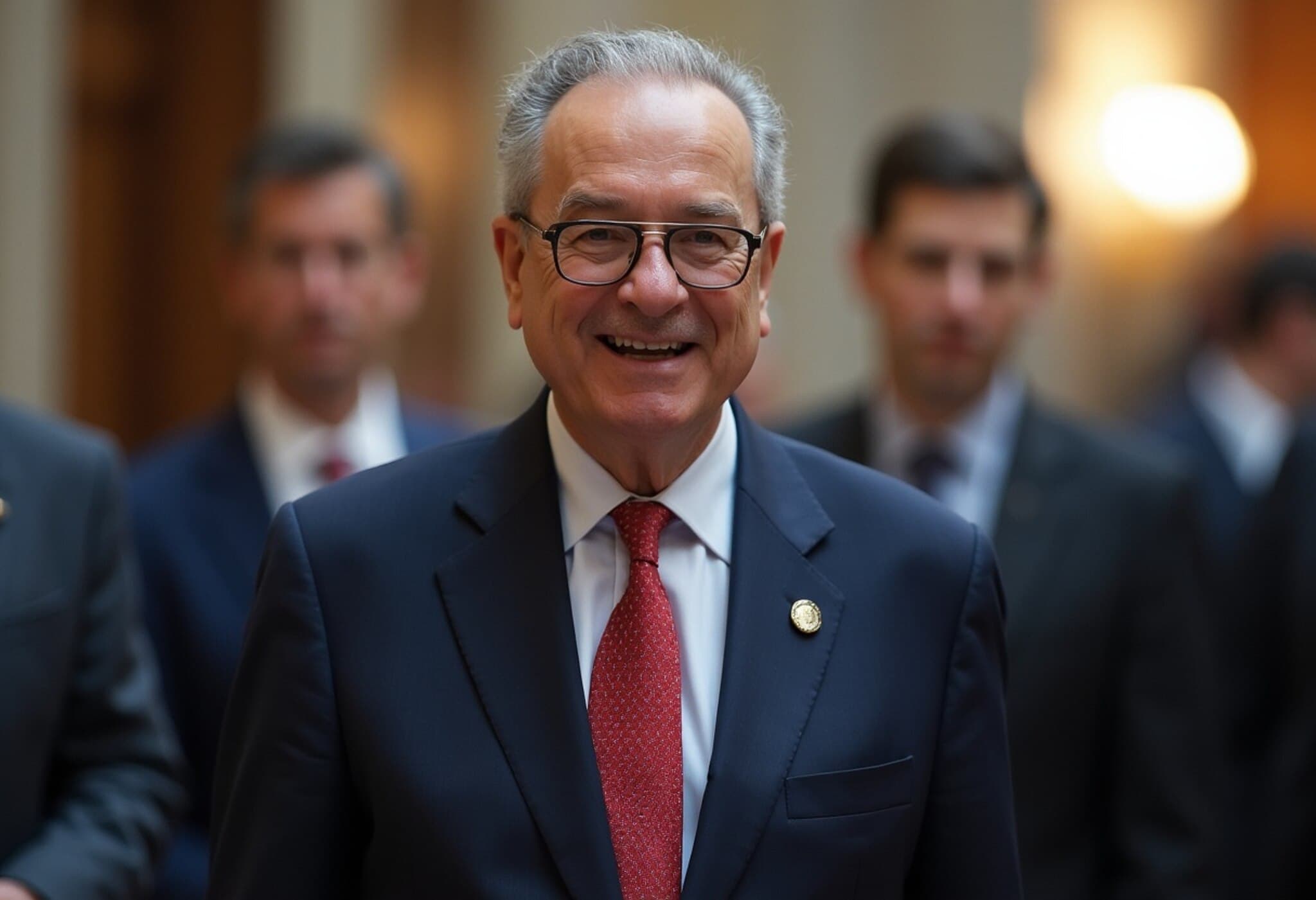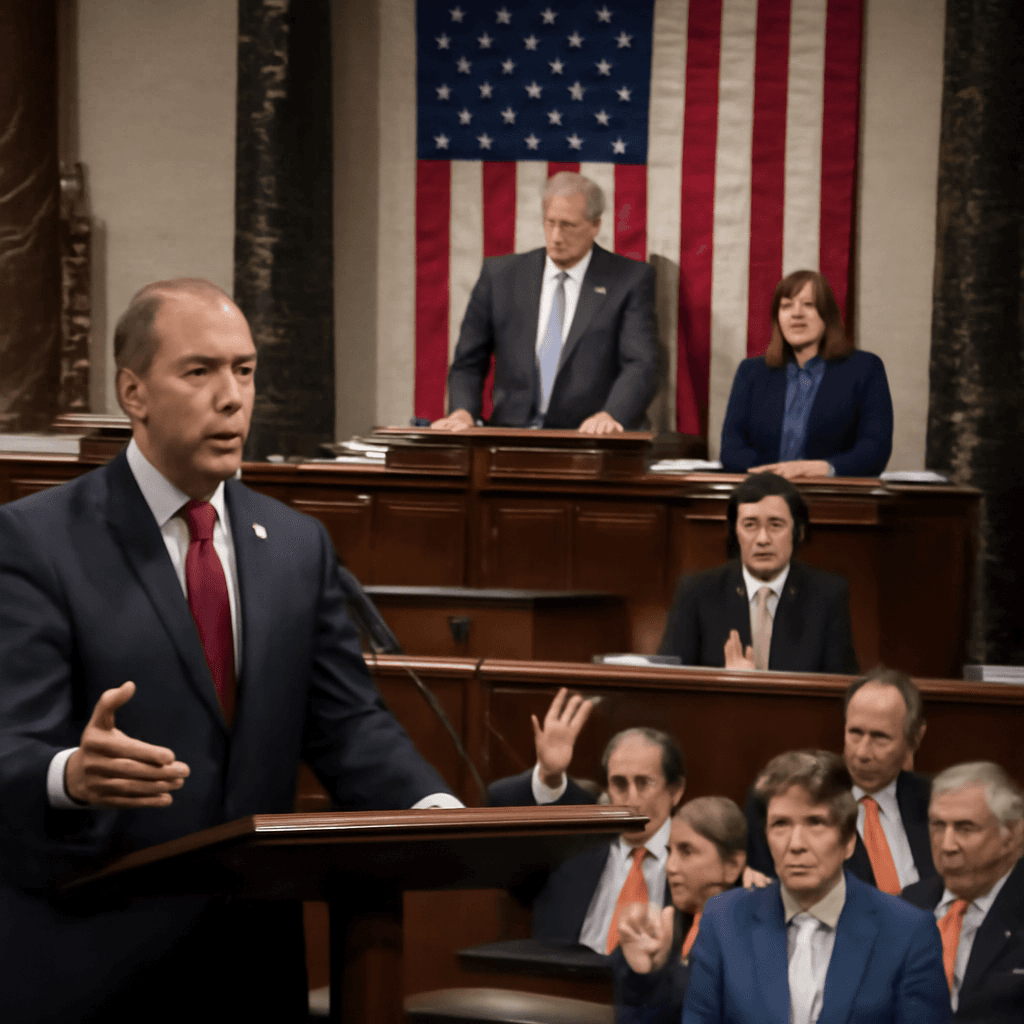Louisiana Health Systems Alarmed Over Proposed Medicaid Cuts
As Senate Republicans push forward with a major legislative proposal often dubbed the "big, beautiful bill," Louisiana's top healthcare providers are sounding the alarm. In a joint letter sent to the state's entire congressional delegation, including Speaker Mike Johnson (R-La.), all major health systems in Louisiana warned that the Senate's Medicaid funding cuts envisioned in the bill would be "historic in their devastation."
Massive Funding Reductions and Job Losses
The letter warns that the Senate version of the bill would slash more than $4 billion in Medicaid funding for Louisiana, potentially resulting in the loss of over 16,000 jobs. While the House version presents less severe cuts, the healthcare leaders emphasize that even those would be challenging for the state's medical infrastructure.
The Human Toll of Medicaid Cuts
Beyond the financial repercussions, the letter highlights the profound impact on residents across Louisiana, regardless of their insurance status. Many will face reduced access to essential care as hospitals respond by consolidating services, cutting staff, and even closing critical facilities. Rural areas are expected to bear the brunt, given that many rural hospitals are already struggling financially and depend heavily on Medicaid funding.
Sen. Cassidy’s Reservations and Senate Vote
Senator Bill Cassidy (R-La.) previously expressed concerns about the Senate's Medicaid cuts and indicated a preference for the House's approach. However, he has not publicly opposed the Senate bill since the voting began Saturday night. The Senate started the voting process on the legislation recently, with the final outcome still uncertain.
Broader Implications: Medicaid Work Requirements and Technology Challenges
More broadly, the proposed GOP bill introduces a new mandate for many Medicaid recipients to prove employment status, accompanied by a requirement for states to quickly develop complex technology systems to manage eligibility tracking. Many Medicaid administrators caution this could lead to technical failures similar to the troubled launch of Healthcare.gov in 2013, risking coverage drops for eligible Americans amid system glitches and overwhelmed staff.
Struggles Among Rural Hospitals
Rural hospitals across the nation, including those in Missouri, also face dire consequences from the bill. Many rely on the provider tax—a fee charged to healthcare providers to fund Medicaid—that Republicans plan to cap or freeze. This could cost rural hospitals billions, forcing dramatic service reductions and job losses. Hospital administrators report difficult choices, such as salary freezes and program cuts, with no relief in sight as proposed reductions intensify.
Republican Efforts to Mitigate Impacts
Republican leaders have proposed a separate $15 billion fund to support rural hospitals, but critics argue this amount is insufficient compared to projected losses. Some GOP senators warn these healthcare cuts could alienate rural voters ahead of the 2026 midterms, highlighting internal party concerns.
Senate Advances on Sweeping GOP Bill Amid Internal Tensions
In the Senate, the bill cleared a crucial procedural hurdle with a razor-thin 51-49 vote, bringing Republicans closer to passing a multitrillion-dollar package that lowers federal taxes and bolsters Pentagon and border security funding while trimming safety-net programs like Medicaid. President Donald Trump hailed the vote as a "GREAT VICTORY," praising key senators who shifted their stance to advance the bill.
Remaining Battles and Opposition
Despite the progress, the bill still faces significant obstacles, including Democratic delay tactics that could prolong debate and force a marathon amendment vote session. Some Republican senators, like Susan Collins of Maine, have indicated they may demand further changes or potentially vote against the final measure.
Speaker Johnson’s Call for Unity
House Republicans, meanwhile, are urged by Speaker Johnson to hold their fire publicly as negotiations continue. Still, some House members openly oppose the Senate’s Medicaid provisions, voicing concerns that the proposed cuts undermine prior compromises.
What Comes Next?
The legislative process now moves toward extensive debate and potentially contentious vote-a-ramas before a final Senate vote. If passed, the bill will return to the House for approval, keeping the timeline tight as Republican leaders aim to finalize the package swiftly.
The fate of Louisiana’s Medicaid funding—and the future of healthcare access for many Americans—hangs in the balance as lawmakers continue to wrestle with this high-stakes legislation.



















